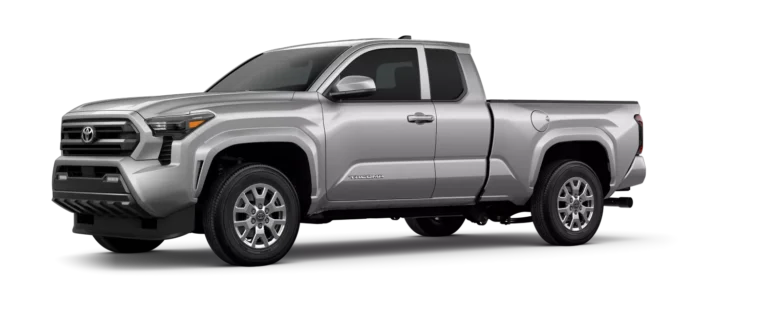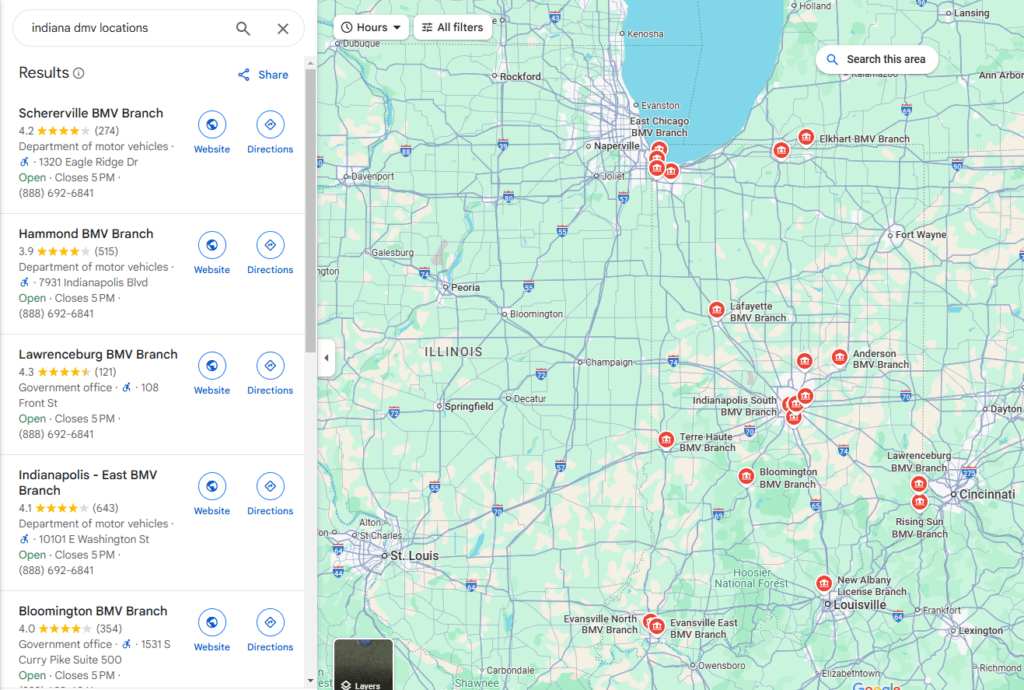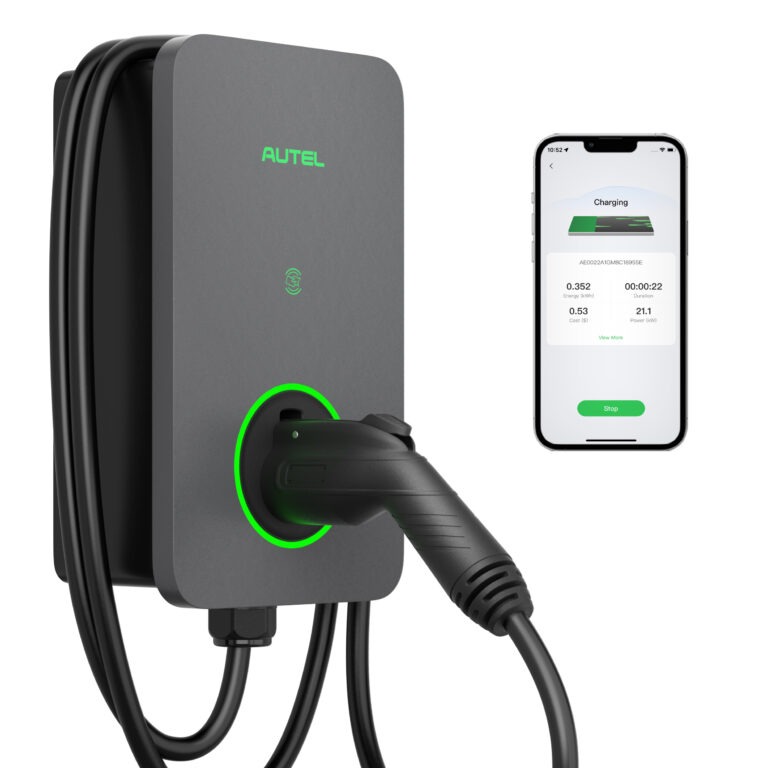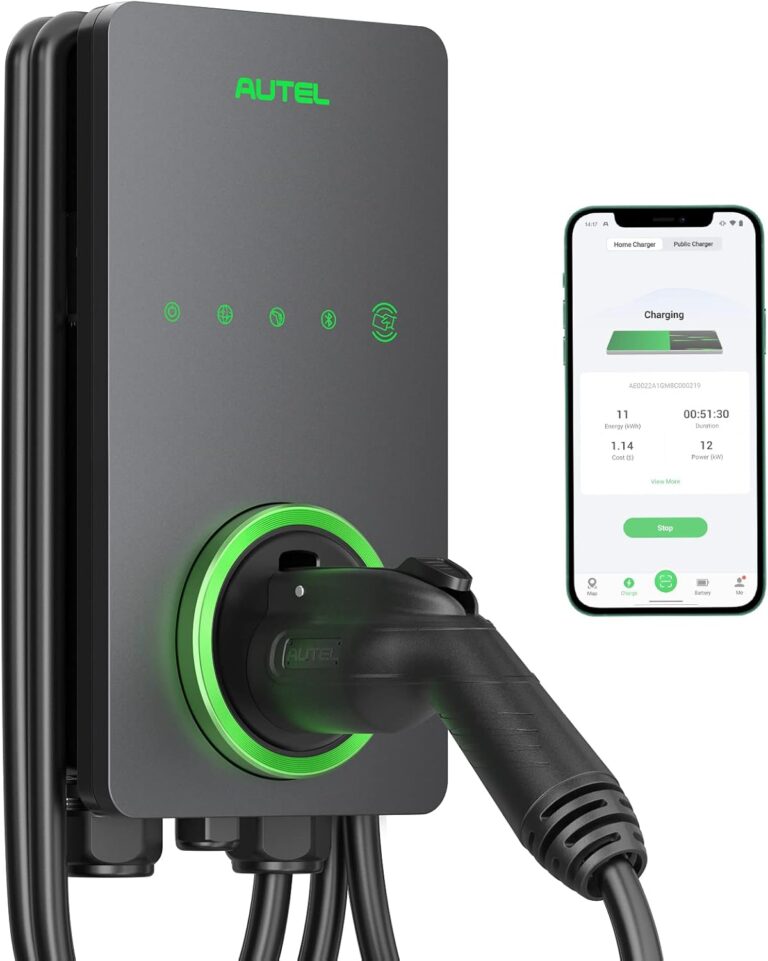
Free Indiana VIN Check DMV - Where And How!

After clicking ‘Check VIN number,’ enter your VIN and email address in the top right corner of the page.
Free Indiana VIN Check DMV: Which Websites Offer a Free Indiana VIN Number Check?
In this comprehensive guide, we will delve into everything you need to know about free VIN checks in Indiana with the DMV, and if it’s even possible. you’ll learn how to understand the VIN structure and how to uncover valuable vehicle details using a simple VIN lookup (like the red link above).
We’ve also provided a few options below for a VIN check in Indiana, so if you’re buying a used car or verifying ownership details, these are a quick and reliable way to access critical information.
Can I Check Indiana VIN Number Online?
100%! You can check any Indiana VIN number online using various platforms that specialize in vehicle history and specifications. Here are a couple of reliable options:
CarVertical
CarVertical is a popular tool for checking a vehicle’s history using a VIN. To perform a VIN check with CarVertical, you’ll need to locate the unique 17-character VIN, typically found on the car’s dashboard, driver’s door frame, or vehicle registration documents.
Their report includes details such as previous accidents, mileage discrepancies, ownership history, theft records, and even market value trends. CarVertical also uses blockchain technology to ensure their data is accurate, making it a trusted choice for buyers and sellers. You can click the link below and get a 20% discount.
Alternative DMV Indiana VIN Checks
Carfax
Carfax is one of the most recognized platforms for vehicle history checks in the U.S. Using the VIN, Carfax provides detailed reports on:
- Accident and damage history
- Ownership records
- Recalls and manufacturer defects
- Service history
While this is another paid service, it’s comprehensive and widely trusted.
How To Get A Free VIN Check In Indiana
It’s not really possible to get a free VIN check in Indiana, even thorough the DMV, but there are a couple of low cost options to consider. The main one being the BMV:
Indiana BMV VIN Verification
The Indiana Bureau of Motor Vehicles (BMV) offers VIN verification for title transfers and out of state vehicles. While the BMV doesn’t provide full vehicle history reports, it partners with the National Motor Vehicle Title Information System (NMVTIS) for comprehensive vehicle history data.
You can purchase an NMVTIS report through approved providers for a small fee and these reports include:
Title history
Junk or salvage records
Theft records
Here’s a link to the BMC website for more information.
Why Indiana Drivers Need VIN Checks
Weather-Related Damage
Indiana’s harsh winters and rainy seasons can lead to rust, corrosion, and water damage. A VIN check can help identify vehicles that have suffered from weather related issues or been declared total losses.
Interstate Vehicle Sales
Located in the Midwest, Indiana sees a high volume of vehicles crossing state lines. VIN checks ensure you’re not purchasing a car with hidden title issues, like being salvaged in another state.
Farm and Rural Vehicles
Indiana has vast rural areas, and has a high number of farm trucks and vehicles used in agricultural settings. These vehicles often experience heavy duty useage so a VIN check can reveal maintenance and usage history.
Discover the value of your cars options and specification!
- Select from thousands of vehicles and options
- See how each option adds value to your car
- Discover which tech features add a premium
- Spot which options hold their value over time
- Find out if that 'Sport' package pays off later
- Identify high value features others miss
$355 $354 $353 $352 $351 $350
Which Websites Do VIN Number Checks In Indiana?
Free Indiana VIN Check DMV and BMV?
Indiana Bureau of Motor Vehicles (BMV)
The Indiana BMV is your go-to for VIN verification services, particularly for out of state vehicles and title transfers. This is a key step in ensuring your vehicle is properly registered in Indiana. Visit the Indiana BMVwebsite or your nearest branch for detailed information on locations, services, and requirements.
National Motor Vehicle Title Information System (NMVTIS)
- Offers vehicle history reports via approved third-party providers.
- Visit the NMVTIS website for a list of providers.
- CarVertical offers an intuitive VIN lookup tool that provides deep insights into a vehicle’s history. Their detailed reports include records of past accidents, mileage verification, theft checks, and even ownership history. It’s a great way to make an informed decision before buying or selling a vehicle.
Check Your Spec
- Looking for an affordable Indiana VIN check? Check Your Spec specializes in providing reports that cover recalls, problems, issues, complaints, and even detailed build sheets. Whether you’re buying a car or ensuring yours is roadworthy, we’ve got you covered with quick and reliable information.
Carfax
- Carfax is a trusted name in vehicle history reports, delivering details on accidents, title issues, and even previous maintenance records. Their reports are widely recognized for their thoroughness and reliability, making them a great option for both buyers and sellers.
AutoCheck
AutoCheck provides VIN checks with a unique twist: their intuitive scoring system simplifies understanding a vehicle’s history. Their reports focus on ownership history, title issues, and more, offering a clear and comprehensive picture of the car you’re interested in.
VINCheck by NICB
- The National Insurance Crime Bureau (NICB) offers VINCheck as a free service. It allows you to quickly verify whether a vehicle has been reported as stolen or deemed salvage. This tool is an excellent first step in your research process and costs nothing to use.
DMV (Department of Motor Vehicles)
- The DMV offers VIN-related services that vary by state, including verification, registration, and history checks. For Indiana residents, visiting the BMV (a branch of the DMV) is essential for tasks like titling and registration. Be sure to check with your local DMV for additional resources and services.
Local Dealerships and Inspection Centers
- Many Indiana dealerships offer VIN checks as part of their pre-sale services.
What Does An Indiana VIN Number Look Like?
Indiana VIN numbers are no different from any other VIN number on cars around the world. Here’s the basics on how they work.
The VIN, or Vehicle Identification Number is a unique 17-character code that serves as the vehicle’s fingerprint, providing specific details about the car. It consists of both letters and numbers, with each character holding significance.
A typical VIN might look like this: **1HGCM82633A123456**.

What Does Each VIN Character Mean?
1. World Manufacturer Identifier (WMI)
- Purpose: Identifies the vehicle manufacturer and the country where the vehicle was built.
- Structure: The first three characters of the VIN.
- The 1st character represents the country or region of manufacture (e.g., ‘1’ for the USA, ‘J’ for Japan).
- The 2nd character represents the manufacturer (e.g., ‘T’ for Toyota, ‘H’ for Honda).
- The 3rd character specifies the type of vehicle or a division of the manufacturer.
- Example: A WMI of “1HG” signifies a Honda vehicle manufactured in the USA.
2. Vehicle Descriptor Section (VDS)
- Purpose: Describes key attributes of the vehicle, such as body style, engine type, and model.
- Structure: Characters 4 through 9 of the VIN.
- Characters 4-8: Vehicle-specific features (e.g., engine type, body style, restraint system).
- Character 9: A check digit used to verify the accuracy of the VIN.
- Example: A VDS of “CM82633” could describe a specific model of a coupe with a particular engine and transmission configuration.
Vehicle Identifier Section (VIS)
- Purpose: Provides unique identification for each individual vehicle.
- Structure: The last 8 characters of the VIN.
- Characters 10-11: Model year and assembly plant.
- Character 10 indicates the model year (e.g., ‘A’ for 2010, ‘L’ for 2020).
- Character 11 identifies the assembly plant.
- Characters 12-17: A unique serial number assigned by the manufacturer.
- Characters 10-11: Model year and assembly plant.
- Example: A VIS of “A012345” might identify a vehicle built in a specific plant in 2020 with a unique serial number.
How Do I Check The Indiana VIN Number In The Title
Here’s a step-by-step guide on how to find the Indiana VIN number in the Title.
- Check the Front Page of the Title Document:
- Most vehicle titles prominently display the VIN near the top or in a section labeled “Vehicle Information” or “Identification Number.”
- Look for a 17-character alphanumeric string (for vehicles manufactured after 1981).
Look for Related Sections:
- Some titles may include the VIN in sections like:
“Vehicle Description”, “Registration Information, “Ownership Details”
Inspect the Entire Document:
- If you can’t find the VIN immediately, scan through the document thoroughly, as the layout can vary by state or country.
Cross-Verify with Other Documents:
- If the VIN is not clear or you need confirmation, check:
- The vehicle registration document.
- Insurance papers.
- The physical VIN on the vehicle (dashboard, driver-side door frame, etc.).
If you’re still unable to locate the VIN on the title, contacting the Department of Motor Vehicles (DMV) or your local vehicle registration office for assistance is a good next step.
How To Contact The BMV
If you’re unable to find the VIN number using the above methods, you can contact the BMV directly. Explain that you need to find the VIN number. You may be required to prove your legitimate interest in the vehicle (such as ownership or legal rights).
Phone:
- Toll-Free: 888-692-6841
- Local: 317-233-6000
- Hours: Monday through Friday, 8:00 a.m. – 6:00 p.m. (Eastern Time)
Email:
- Send an Email to the BMV
- Note: Due to high volumes, expect a response within 7 to 10 business days.
Mailing Address: Indiana Government Center North Room 402 100 North Senate Avenue Indianapolis, IN, 46204
Understanding Indiana State Regulations - VIN Check | Inspections | Emissions
Emissions Requirements
Indiana mandates biennial emissions tests and tampering inspections for vehicles registered in Lake and Porter counties. This requirement applies to vehicles manufactured after 1975 with a Gross Vehicle Weight Rating (GVWR) of 9,000 pounds or less. Vehicles from the four latest model years and antique vehicles are exempt. Testing can be done as early as October of the preceding year to accommodate schedules.
Inspection Process
Indiana does not require regular safety inspections for vehicles. However, a VIN inspection is necessary for certain situations, such as when registering an out-of-state vehicle.
Title Transfer Rules:
When purchasing a vehicle in Indiana, the certificate of title must be applied for within 45 days of acquisition. If you fail to do thisthere will be an administrative penalty. The seller should complete all sections of the title, and the buyer is responsible for obtaining a new title, registration, and license plate. If there’s a lien on an out-of-state vehicle, the Indiana BMV will assist in contacting the lienholder to facilitate the title transfer.
VIN Verification Requirement
A VIN inspection is required for any vehicle that has never had an Indiana title, including those brought in from another state. This inspection can be performed at any Indiana BMV branch or by a law enforcement officer. The purpose is to confirm the vehicle’s identity and ensure it matches the provided documentation
Indiana Car Scams and VIN Issues
Indiana Odometer Fraud
This involves rolling back the odometer to display lower mileage, deceiving buyers about the vehicle’s actual usage. The National Highway Traffic Safety Administration estimates that more than 450,000 vehicles are sold each year with false odometer readings, costing American car buyers more than $1 billion annually.
Indiana Salvage Fraud
Some sellers may conceal a vehicle’s salvage history, which indicates significant damage from previous accidents. It’s crucial to obtain a vehicle history report and have the car inspected by a trusted mechanic before purchasing.
Indiana Bait and Switch Tactics
Dealers might advertise vehicles at attractive prices to lure buyers but claim the car is unavailable upon inquiry, attempting to upsell a more expensive model. To avoid this, confirm the availability and price of the vehicle before visiting the dealership. If you feel they are being deceptive just walk away.
Indiana Title Transfer Issues
Title transfer issues arise when the legal ownership of a vehicle is not correctly or fully transferred from the seller to the buyer.
In Indiana, as in other states, a vehicle title serves as the primary document of ownership, and any discrepancies in its transfer process can lead to significant complications. Here’s an expanded look at the potential problems and their implications.
How The Indiana Climate Can Affect A VIN Check
VIN Rust Issues
Indiana experiences a range of weather conditions, including cold winters with snow and ice. To maintain road safety during these periods, road salt and other deicing agents are commonly used. While effective for melting ice, these substances can accelerate the rusting process on vehicles, especially on the undercarriage, wheel wells, and other exposed metal parts.
Over time, this corrosion can become severe, potentially compromising the structural integrity of the vehicle and obscuring or damaging the Vehicle Identification Number (VIN) plates. A rusted or illegible VIN can pose challenges during inspections and complicate title transfers or registrations.
How To Prevent VIN Rust Issues
Regular Cleaning: Frequently wash your vehicle, paying special attention to the undercarriage, to remove salt and prevent buildup.
Protective Coatings: Apply rust-proofing treatments or undercoatings to shield metal surfaces from moisture and salt exposure.
Routine Inspections: Periodically inspect your vehicle for early signs of rust, especially near the VIN plate, and address any issues promptly to prevent further deterioration.
How Does This Impact Indiana VIN Checks
A clear and legible VIN is crucial for accurate vehicle history reports and legal processes. Rust can obscure or damage the VIN, making it difficult to verify the vehicle’s identity.
If the VIN becomes unreadable due to rust, it may necessitate professional intervention to restore its legibility or, in some cases, reissue a new VIN plate, which can be a complex and regulated process.
FAQ
How can I run a title search In Indiana?
To run a title search in Indiana, you can request a title history report from the Indiana Bureau of Motor Vehicles (BMV). This report provides detailed information about the vehicle’s ownership history, lien status, and title status.
You will need to complete a request form, provide the Vehicle Identification Number (VIN), and pay the applicable fee. Visit your local BMV branch or the official Indiana BMV website for more details.
Can I view my title online In Indiana?
Yes, the Indiana BMV allows vehicle owners to view and manage their titles online through the MyBMV portal. You can log in to your account, access title information, and even request electronic titles if your vehicle qualifies. This service provides convenience for reviewing ownership details without visiting a BMV branch.
Does the Indiana BMV do VIN checks?
Yes, the Indiana BMV requires VIN checks, especially for out-of-state vehicles being titled in Indiana. This process ensures that the VIN matches the vehicle’s records and is free of theft or fraud issues. VIN inspections can be performed at BMV branches, by law enforcement officers, or by certified inspectors. Contact your local BMV for details on scheduling a VIN check.
How do I look up a title in Indiana?
You can look up a vehicle title in Indiana by contacting the BMV and requesting a title history report. You’ll need to provide the VIN and complete the necessary request form. If you are the vehicle owner, you may also access title information online through the MyBMV portal.

Unlock accurate valuations for your car’s features in seconds – find out what your options are worth today and in the future.



